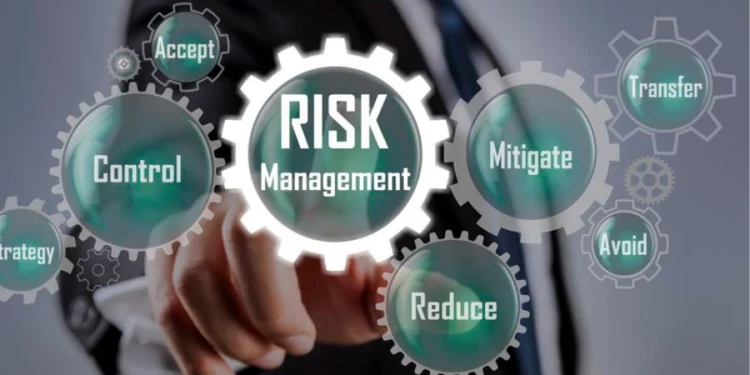Individuals and organizations alike are constantly exposed to various forms of risk, whether it’s the unpredictability of market fluctuations, natural disasters, or unexpected health crises. In this dynamic environment, the role of insurance emerges as a crucial tool for managing and mitigating these uncertainties.
The key, as experts suggest, is not to avoid risk entirely but to manage it effectively. This is where the role of insurance becomes paramount. Insurance serves as a crucial tool for managing and mitigating risks, providing individuals and businesses with a safety net against unforeseen events and potential liabilities.
Risk management involves identifying and controlling the risks associated with one’s decisions and actions. Insurance serves as a preferred tool to minimize these risks, offering financial protection against life’s uncertainties.
Life insurance, for instance, addresses the inherent risk of life itself by providing a safety net for loved ones in the event of the policyholder’s untimely demise. Similarly, health insurance safeguards against the financial burden of medical expenses, ensuring access to quality healthcare without depleting savings.
Insurance not only reduces the financial risks individuals face but also plays a crucial role in promoting economic stability and growth. By providing protection against losses, insurance enables individuals and businesses to recover quickly from setbacks and continue their economic activities.
Moreover, insurance companies pool resources from premiums paid by policyholders, redistributing and spreading risks across a large population, thereby stabilizing the economy.
For businesses, insurance is an essential component of risk management strategy. It protects against a wide range of risks specific to the industry, such as property damage, liability claims, or product defects. With the right insurance coverage, businesses can mitigate potential financial losses and maintain their operations without major disruptions.
Additionally, insurance helps businesses fulfil legal and contractual obligations, enhancing their credibility and trustworthiness.
Understanding the role of insurance in risk management necessitates a deeper appreciation of the various types of insurance coverage available.
From life insurance to health insurance, and from property insurance to liability insurance, insurance products offer tailored solutions to address specific risks and vulnerabilities.
In recent times, innovative insurance products such as Unit Linked Insurance Plans (ULIPs) have emerged as effective tools for risk management. ULIPs offer the dual benefits of insurance and investment, allowing individuals to protect their financial future while also growing their wealth.
These market-linked instruments promote disciplined saving and ensure risk management while providing flexibility and control over investments.


















